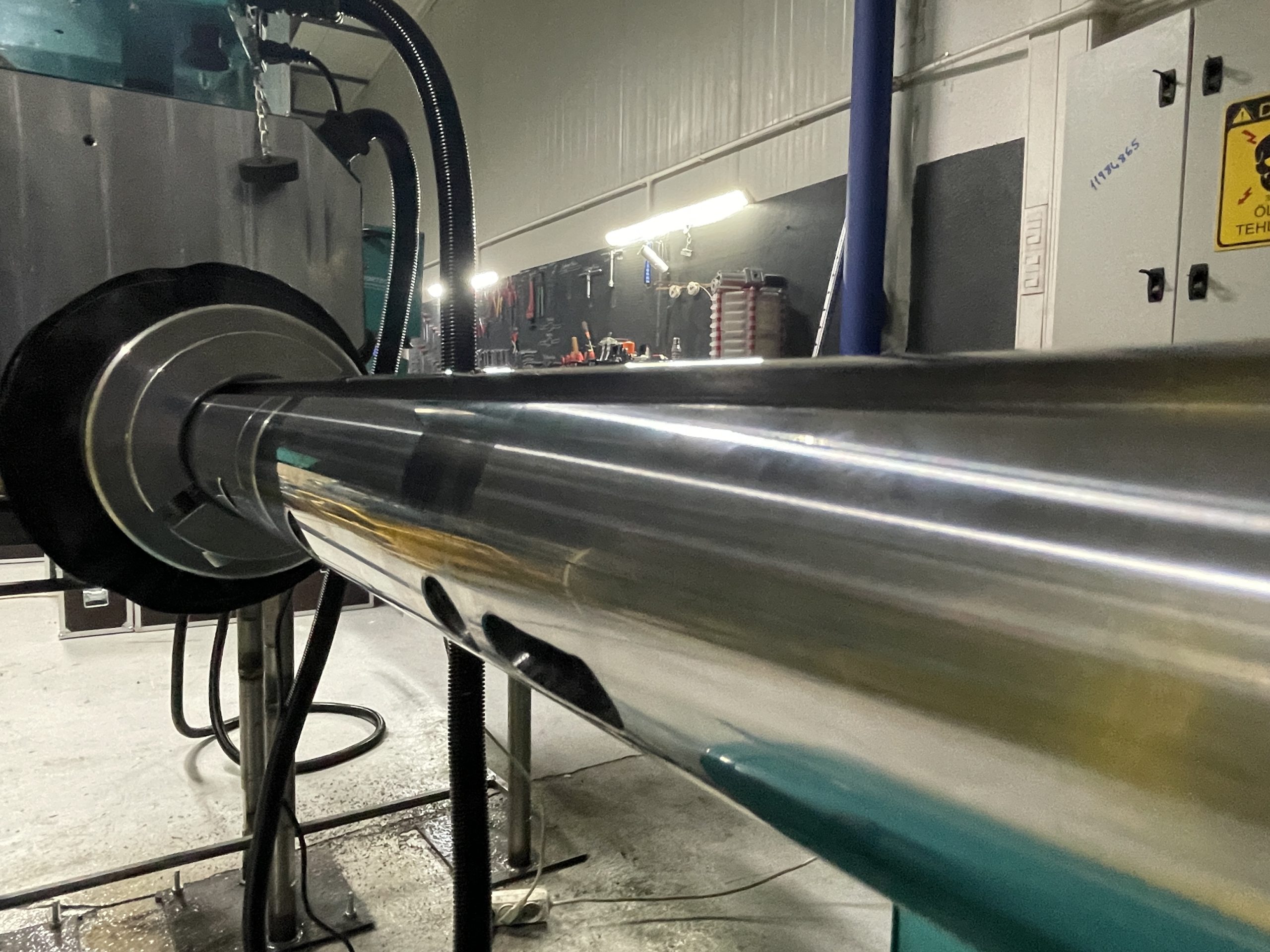Line boring machines rely on drive units to rotate the boring bar and perform accurate machining. The two most common options are hydraulic drive units and electric drive units. Each has unique advantages and limitations. In this article, we compare hydraulic and electric drives so you can choose the right solution for your equipment repair needs.
What Is a Hydraulic Drive Unit?
A hydraulic drive unit uses pressurized fluid to power the rotation of the boring bar. It is widely used in heavy-duty applications where high torque and continuous power are required.
- Advantages: High torque, smooth operation, ideal for large-diameter bores.
- Limitations: Requires a hydraulic power pack, less portable, more complex setup.
What Is an Electric Drive Unit?
An electric drive unit uses an electric motor to rotate the boring bar. It is commonly chosen for portable line boring machines because of its convenience and ease of use.
- Advantages: Lightweight, portable, easy to set up, lower maintenance.
- Limitations: Limited torque compared to hydraulics, may struggle with very large bores.
Hydraulic vs Electric: Key Differences
| Feature | Hydraulic Drive Unit | Electric Drive Unit |
|---|---|---|
| Torque | Very high, suitable for large and tough jobs | Moderate, best for medium to small bores |
| Portability | Less portable, requires hydraulic pack | Highly portable, plug-and-play setup |
| Setup Time | Longer, more components to connect | Quick, minimal connections needed |
| Maintenance | Requires regular hydraulic fluid checks | Low maintenance, simple motor care |
| Best For | Heavy-duty line boring, mining, large construction equipment | Field repairs, light-to-medium bores, workshops without hydraulics |
Which Drive Unit Should You Choose?
The choice between hydraulic and electric drive units depends on your application. If you repair large, heavy-duty equipment like mining trucks or marine shafts, hydraulic drives offer the necessary torque. If your work involves portable on-site repairs and smaller bores, electric drives are more convenient and cost-effective.
Conclusion
Both hydraulic and electric drive units play important roles in line boring operations. Understanding their strengths and limitations helps technicians and workshop owners select the right solution. Whether you prioritize portability or maximum torque, choosing the right drive unit will improve efficiency, accuracy, and the lifespan of your equipment.


Leave a Reply